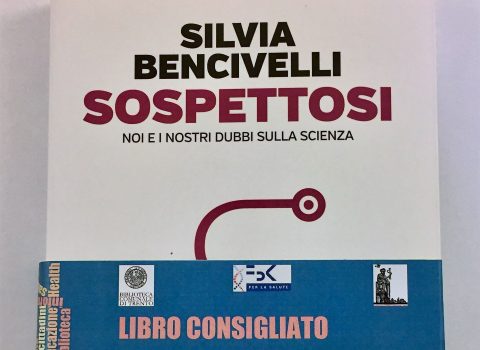
Book of the month. A cycle of events to ponder over history through the written page
A series of events entitled "Book of the month", organized by the Italian-German Historical Institute in cooperation with the Foundation's Library, will be starting on Sept. 28, at Fondazione Bruno Kessler's location in via Santa Croce 77.
For those who make history, books continue to be the privileged means of communication. Beyond a few exceptions, in fact, it is books more than movies, TV shows, documentaries or podcasts that tell history with the due scientific approach to the general public. Historiographical narratives and interpretations need the attention of the reader, may require him or her to think slowly, to devote time to the page, rereading it, underlining it, littering it with notes (or decorating it with post-it notes, if he or she does not want to stain it). Behind those pages there is, inevitably, the work of historians who devote themselves to writing, the not always smooth result of a usually laborious process that starts from consulting archival papers or other sources, exchanging views with colleagues who have dealt with contiguous or related subjects, testing their knowledge in seminars, lectures, conferences. It then goes on with the actual writing, an action which is sometimes an individual action, sometimes a team one. It reaches its highest point in publication and goes on to dissemination, concretized through presentations, interviews, conversations with readers.
With “Book of the month“, we intend to step into this fascinating path and offer history enthusiasts, as well as those who are interested in the past with healthy curiosity, to meet the authors of books that we at the Italian-Germanic Historical Institute have deemed particularly stimulating or significant. We have a desire to talk about books, to facilitate an exchange by trusting the guidance of experts but also by leaving room for questions from those who will come to listen and wonder why certain pages were written in exactly that way or what were the steps that led to a certain outcome.
We have devised a thematically and geographically rich program, ranging from the role of intellectuals in the Italy of the last three decades to the global dimension of microhistory, the Trentino school of the second half of the twentieth century, the legacy of the Resistance and the privateer wars of the early modern age.
A program based on variety, because it is precisely in variety that history books have the potential to raise the interest of their audience, meeting them and trying to open new, interesting doors.



